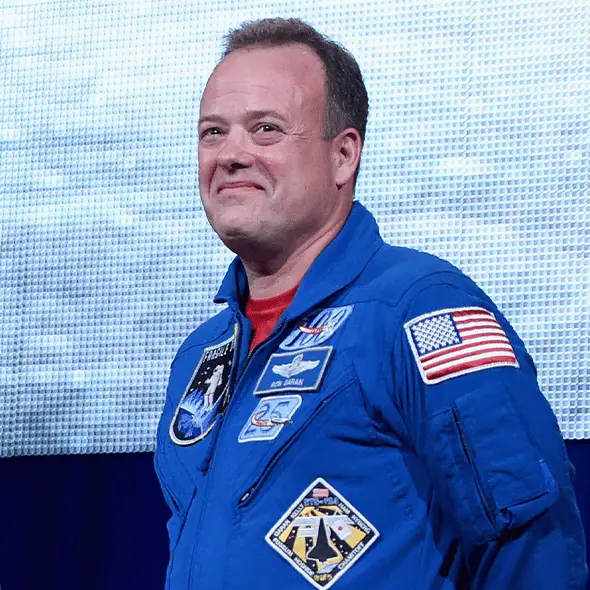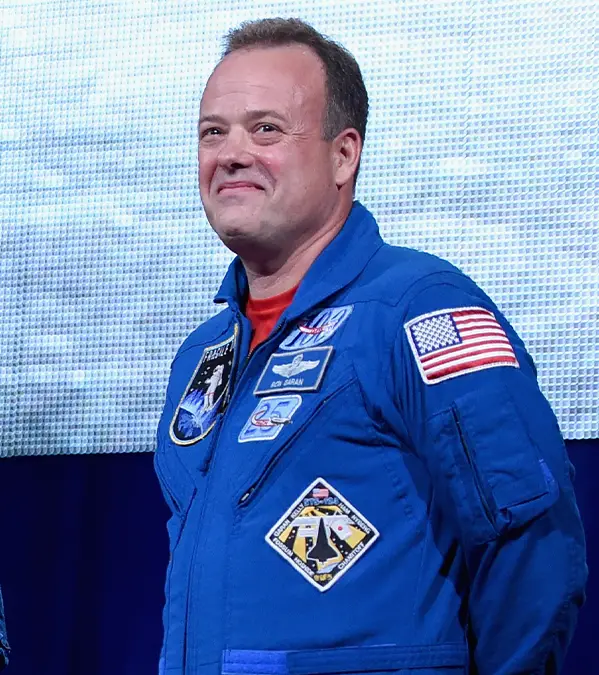
After spending an extraordinary 178 days in space, an ex-NASA astronaut has shared his profound experiences when he saw Earth from space.
Former astronaut and author Ron Garan has spent 178 days in space and more than 71 million miles in 2,842 orbits of Earth in total.
But it was one moment he had a 'sobering realisation.'
When he was looking down at Earth from the International Space Station (ISS), Garan experienced what's known as the 'Overview Effect'.
Advert
This effect is common when astronauts go into space and look down and see Earth from that perspective for the first time. It often changes their perspective on our planet and life itself, according to NASA.
'When we see our planet from the perspective of space, certain things become undeniably clear,' Garan said in an interview with Big Think.
"We keep trying to deal with issues such as global warming, deforestation, biodiversity loss as stand alone issues when in reality they're just symptoms of the underlying root problem.
"The problem is, that we don't see ourselves as planetary."
He continued: "I saw an iridescent biosphere teaming with life, I didn't see an economy, but since our human-made systems treat everything including the very life-support systems of our planet as the [...] subsidiary of the global economy, it's obvious from the vanish point of space that we're living a lie."
Garan described the experience as a 'light bulb moment,' where he realised how interconnected and interdependent everything is.
Most importantly, he mentioned that us on Earth don't have to go to space to gain the same perspective and appreciation.

'You don't have to be in orbit to have the orbital perspective,' he said.
Using the cinematography term of a 'dolly zoom,' Garan explained the technique in that the 'foreground stays the same and the background stretches' to 'give altitude to a scene.'
Having this approach in life allows us to zoom out but keep our focus on the details.
'If we dolly zoom a situation, that means we zoom out to the widest geographical area we possibly can, ideally to the entire planet, [...] we don't lose focus on the worms eye detail on the ground,' Garan described.
"We don't zoom out to the point that people become numbers on a spreadsheet or a workforce or a voting block or a consumer block. They maintain their value as valued members of our human society."
Back on Earth, Garan tries to live a 'dolly zoomed life.'
He concluded: "I wake up every morning in my bed, but I also wake up on a planet.' In doing this, he feels more 'optimistic' and has a 'clearer view' of 'what life looks like on our planet."